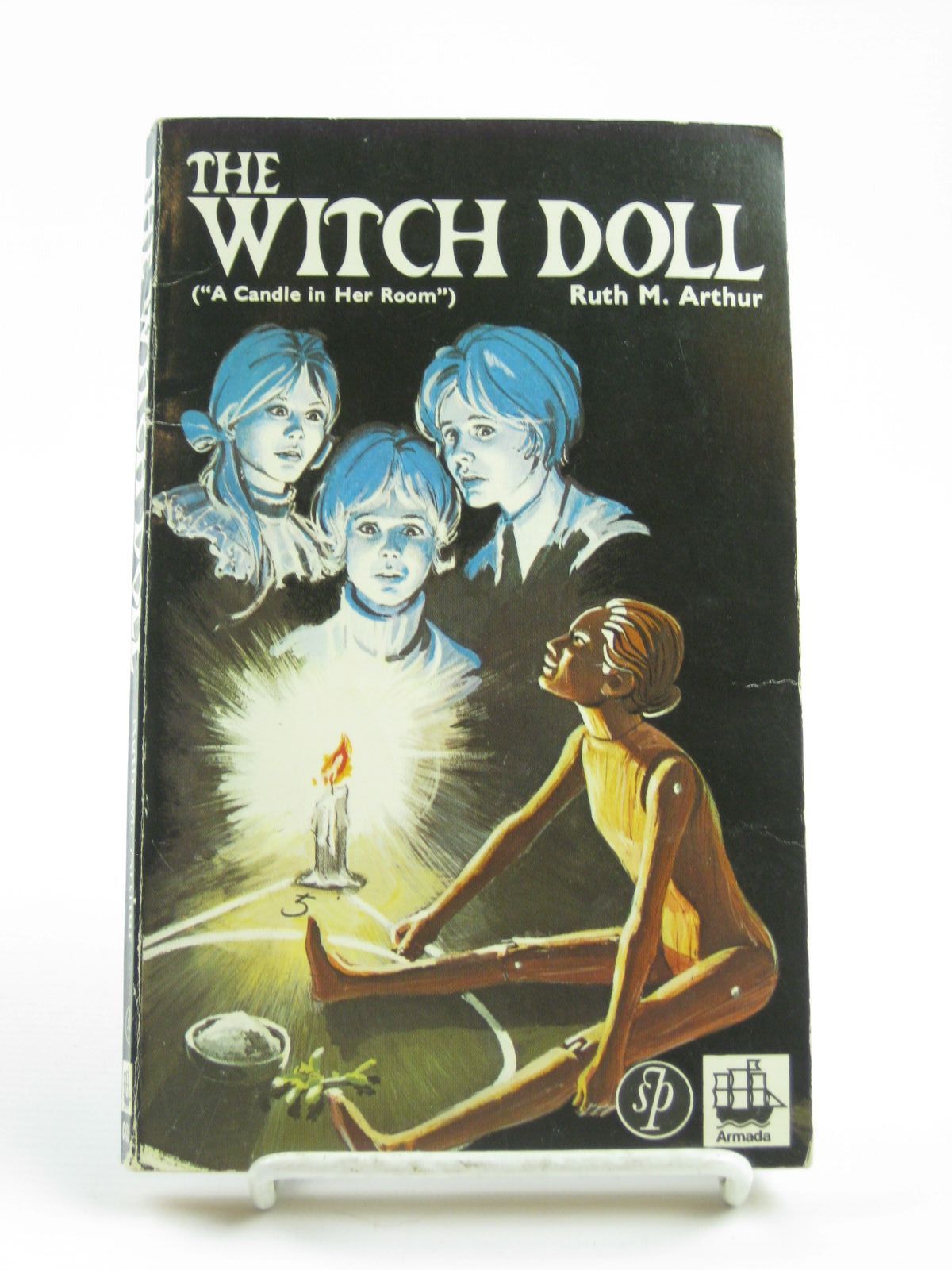It’s time for another Fox Spirit Books ghost story for Christmas. For some, 2020 may have been all the horror needed. But a little chill in the darkest days is just what the doctor ordered — if she’s the Prof she does anyway. There is a real Spook Rock (in fact there are several in New York). It can be found in a picturesque little town that would perfect for a Hallmark movie — or a horror film, as two young women discover…
Prefer to read offline? Download the PDF.
SPOOK ROCK
“Well, isn’t that a picture?”
April wasn’t sure if Joyce was being sarcastic. “Picturesque. I promised you picturesque. I deliver.”
“Quaint. Isn’t that what they call it? Perfect for a haunted house in the dark, but quaint in the daytime.” Joyce laughed. “Your aunt didn’t actually die here, right?”
“No, in the hospital in town.” An early COVID-19 casualty wavering between life and death for a couple weeks then gone. No visitors allowed. Not that they were close anymore.
“In town?”
“I told you. Town is what we came through off the thruway. This is the village.”
“Spook Rock is such an inspiring name.” Joyce sighed and grabbed her bag from the car. “The porch is nice. Huge.”
“Just imagine us sitting out there on a summer’s evening, sipping wine.” April pawed through her handbag to find the big old key for the front door.
“April, it’s winter.”
“Okay, hot chocolate?”
The door opened easily, no creaking at all, despite Joyce’s muttered predictions. The smell was a bit musty. The house had been closed up for months as the estate stuttered through its process.
“Old lady smell,” Joyce wrinkled her nose.
“Old food more like,” April said, throwing her bag on bench in the foyer. “Her neighbour—Elizabeth something…Wylding maybe? She said she threw out what was gone bad on the counters and whatnot, but I’m sure there’s more.”
They explored the house, opening doors and curtains. Everything was coated with a fuzzy layer of dust, but mostly neat. Only her aunt’s bedroom showed any sign of her presence. The patchwork quilt on the bed was folded back as if still awaiting her return.
“I’m afraid to open the refrigerator,” April confessed.
“That’s why we brought lunch from Zabar’s,” Joyce said. “Can you start a fire in that?” She pointed at the fireplace.
“Of course. Auntie taught me when we were living here after mom’s divorce. You cold?”
“Of course I’m cold. I’m from Queens. We don’t live in Hallmark cards like you melanin-deprived people. We like radiators that overheat everything so you have to leave the windows open.”
“Your mother would never stand for that. I know better.” April laughed and picked some sticks out from the kindling box.
“You didn’t see some of the places we lived before, like the horrible apartment in Astoria.” Joyce shuddered.
The fire took off quickly. The wood was really dry. April added firewood to the list she had begun. The furnace kept the place reasonably warm, but it was a drafty old house. The stone fireplace was especially welcome this time of year. The flicker of the flames was cheery, too. The sun descended early leading up to Christmas.
“Shall we tackle the fridge now?”
They worked methodically from the kitchen through the dining room to the sitting room, cleaning, clearing and vacuuming up what they could, tossing unidentifiable bits and pieces into the garbage bags Joyce had remembered to bring. It was funny how they adapted their usual work habits to new circumstances. April was the idea generator, Joyce was the logical problem-solver. Their PR firm was really taking off—until the coronavirus shut everything down.
Manhattan rents don’t recognise emergencies.
They were making good progress when a fuse blew. Everything went quiet. It wasn’t quite dark but it was definitely getting there. Add flashlights to the list.
Joyce popped out into the hallway, phone in hand with the flashlight on. “Do the ghosts come out now?”
“It’s just a fuse. Or a circuit breaker. I forget which.”
“Down in the spooky cellar?”
“It’s not spooky.” But April remembered how she had hated it as a kid, mostly because it always seemed to be festooned with spider webs. They trooped down the stairs, Joyce lighting the way with the phone over April’s shoulder. The stones of the walls felt very cold, but there weren’t cobwebs that she could see.
The metal cabinet was on the west wall below a window and beside the washer and dryer. April was pleased to see they looked like recent acquisitions. She jiggled the latch of the box open. None of the circuits had labels but the one in question showed red while the rest were white. She flipped the switch over and then back to clear it. The vacuum started whining above them. “You didn’t switch it off.”
“I was startled,” Joyce said. “What is that smell? Did something die down here?”
She hadn’t noticed it at first, but now April could taste it on her tongue. “Maybe she had a mousetrap and…you know.”
“Whatever it is, it is rank.”
April pulled the string for the bare bulb in the center of the cellar. There were some boxes and a tool bench on the wall opposite. Hammers and saws hung neatly on a pegboard. Shelves held flower pots and gardening items.
“What’s that?” Joyce pointed to the round wooden cover with a handle on the floor. It looked like the top of a barrel.
“I don’t remember,” April said, but almost at once she did. “Oh…”
“Is it the old sewer? That’s where the stank is coming from. Need some Clorox down here.”
Joyce bent over to reach for the handle but April stopped her. “Don’t!”
“What’s up, buttercup?” Joyce looked at her in the gloom. “Horrible childhood memories stirred up?”
“No. Yes. Actually yes. It’s the old well. Auntie told us not to open it but I did and I dropped my favourite bracelet down there and she said I would never be able to get it back and I cried all day over it.”
“I’m sorry for that, kiddo. But as childhood traumas go, that’s pretty mild.” Despite her tone Joyce looked worried. April knew she was overreacting but there was something about the well that made her stomach clench. And it wasn’t just the stench.
“Let’s run to the hardware store and see if there’s something we can get to kill that smell.” It was late but they were probably open until five.
The shop looked just the same as she remembered, like a log cabin surrounded by pines. The old geezer at the counter had been replaced by someone younger. He was helping an elderly woman with a cane wearing fancy lace facemask. “If you gotta be safe, why not be elegant?” she whispered to Joyce as they headed down the aisle. They had utilitarian cotton masks that were easy to launder.
“What do you think? Bleach? Or something stronger?”
April sighed. There wasn’t a wide range of cleaning products. “I’m not sure.”
“Maybe we should try Walmart. Is there a Walmart here in Spook Rock? And where is the rock? I don’t want to know where the spooks are. No haints for me.”
“It’s on the river, just south of the bridge we came over from the house. We can go by there tomorrow.”
“Why is it called that?” Joyce picked up a blue bottle to read the ingredients.
“There’s an old story that lovers parted by their parents would meet there but one time, spring I guess, the floods were too high and they drowned. Native American tale, I think. Not sure which tribe.”
“Mohican.” April started. The young man from the counter had made his way over to them. “But it’s nonsense.”
“Mohican, ah.” April wasn’t sure what else to say.
“People of the water that are never still.” He smiled but only politely. “Stockbridge-Munsee community around here.”
“So then why is it called Spook Rock?” Joyce asked. “We’re not on some ancient Mohican burial ground, are we? That would be bad news.” She smiled at April but the hardware guy wasn’t amused.
“This land is pretty much all burial grounds for my people. What are you looking for?”
April felt chastened but maybe he was just trying to change the subject. “Uh, we need something to put down an old well to get rid of the stink.” She did not expect him to look so horrified.
“What? Are you nuts?”
“I’m sorry. Is that offensive to your people’s um…”
“Yes probably, but you’ve got to know it’s criminal to pollute the watershed.” His expression made clear she was an idiot. “You can’t put bleach or other harsh chemicals down a well. You’d cause a huge die off of plants and animals and possibly poison people who use the same water system. All these old wells are connected.”
April could feel her face blush crimson. White guilt! Oh, god. That was it. What must he think of her? Clueless consumer trash.
“What do you suggest we do?” Joyce asked. As always she was focused on practicalities. “The smell is atrocious.”
The hardware guy turned away and for a moment April thought he was just going to ignore them, but he reached behind the counter and grabbed a business card. “Call this guy. He’ll see what you need to do.”
April took the card: Tom Miller, Dowser. “Okay. Thanks. Thanks a lot.”
Later as they ate the grocery store pizza in the much cleaner kitchen, April confessed her embarrassment. “He was probably muttering under his breath about stupid white ladies the rest of the day.”
“Nah, he just called you a Karen and complained to his other customers about city folk coming up here to gentrify their old village.” Joyce sipped her wine. “Too bad, but maybe that was your meet-cute moment and you messed it up.”
“Shut up!”
“Seriously, we’re in a Hallmark movie here and you had your meet-cute and blew it. As the Black best friend I only get the Obama-safe handsome Black man in the closing moments of the movie. I can see the cut of his suit right now.”
“You are too much.”
“So what’s a dowser anyway?”
April sighed and picked up her wine. “It’s a person who finds water. I learned it in a movie with Russell Crowe. You use these rod thingees and they cross when you’re over water and you dig down to find the well.”
“So, this is going to be some Obi-Wan kind of guy? Intriguing.”
However, when they met Miller the next day, he defied their expectations by being young and peppy and not at all mystical. “I don’t know how it works. It just works. My dad taught me, his dad taught him, and so on.”
“Okay but there’s some kind of magic behind it, right?” Joyce was clearly disappointed.
“The well is in the cellar,” April said to change the subject. They gathered around the wooden cover and Miller took it off. If anything, the smell was worse today, maybe because the rest of the house was clean. The dowser crouched down. You couldn’t see the water. It was too far down in the dark. But you could smell it. April suddenly felt nauseous. Joyce fanned the air away from her nose as if it might help.
Miller sighed and stood up.
“What should we do?” Please don’t let it be real expensive.
“If it were me,” the dowser said, his hands held up as if to fend off expected objections, “I’d cap it, bulldoze the house, and move far, far away.”
“What?!” April felt faint.
“Sell the house, pass the problem on to someone else. You could do that. Not entirely ethical but you could do it.” He sighed again.
“What’s wrong with it?” Joyce asked. April was still in shock.
“It’s dead.”
“How can a well be dead?” April wanted to laugh. Maybe he was more woo-woo mystical than they thought.
“Water is a living thing. A well is a living thing. This is not a living thing.” He explained as if it were perfectly logical. “You could seal it up and try digging elsewhere to find a new well but I don’t think you’re going to find something within easy reach of the house. Didn’t you notice the state of the woods behind here? Something dead, something deep.”
“What kills a well?” Joyce looked equal parts dubious and curious.
“Usually it’s runoff from manufacturing or mining. Chemicals get in the watershed that shouldn’t be there. I honestly don’t know what’s in your water. I just know dead water when I see it.” He sniffed. “Or smell it.”
April couldn’t wrap her head around the idea. All her plans were sunk into making this house a success, a refuge from the financial woes, a place to rebuild their business. A place to get back to normal after this hellish year. Not a new curse.
They didn’t laugh as much in front of the fire that night. They ate coldcuts and watched videos on April’s laptop until they got fed up with the slowness of the internet. The phone signal was poor and they hadn’t set up wireless yet. Joyce hadn’t even unpacked the router.
They decided to go to bed early. April tossed and turned in her aunt’s bed, feeling all the lumps. She woke to the night wind and the trees scratching the siding on the house. She dreamed there were eyes in the woods watching them, then woke to find the moonlight bright outside her window. Every time she closed her eyes, she heard his words again, “Dead water.”
She woke bleary-eyed, yawning to a tapping at the door. “You up?”
Joyce stuck her head in, hair tied up in a bandanna. “Is the water we’re using in the shower dead too? I don’t want to shower in dead water.”
April sat up and rubbed her eyes. “The shower? Um…” She generally needed coffee before thinking. Then she remembered. “The water goes through a filter—no, not a filter. A whatchacallit: water softener. Which I think does filter it. Yeah.”
“You sure?” Joyce didn’t look as if she slept very well either.
“We can go look if that would make you feel better.” She hadn’t even thought about the rest of the water in the house. At least Auntie had put one of those filters on the tap in the kitchen. April grabbed her comfy robe to pull on over her flannel jammies. It was colder this morning, too.
The reason it was colder was that the furnace was off. It was off because the cellar was flooded with black water. “Oh my god.” It took a lot of effort not to simply burst into tears. April sat down on the top step and stared in dismay.
“You suppose there’s a pump?” Joyce asked. “Maybe this happened before.”
“If so, it’s probably down there.” She didn’t fancy wading through that muck to go look.
“I saw some gardening boots in the hall closet.” Joyce was off at once to grab them. April took off her robe. It wouldn’t do any good to get it wet. In her head a little chorus of Not fair! Not fair! was playing, but she tried to ignore it.
“Here,” Joyce handed her the boots which at least looked like they could fit. Her aunt was a head shorter than April but she seemed to have big feet. They were bright red with yellow ducks in rain hats on them.
Gingerly she went down the stairs, her bare feet sliding around in the boots. She stepped into the black water and it was cold. Her body trembled. It was probably just because she was so tired. At least the boots didn’t seem to leak. Stepping carefully April went over to the light to pull the string but her hand froze.
“What’s wrong?”
“I’m just thinking what are the odds of electrocution?” She laughed but it wasn’t funny.
“If you were going to get electrocuted it would have been from the furnace or whatever controls it. The wires from the light aren’t in the water.”
“You’re right, of course.” The string clicked and the bulb lit and somehow it was even worse. April assumed the water might look oily, like the flooding in the gutters outside their building on Grove Street in the Village. But it was just black. Darker now with the light on. Out of the corner of her eye she saw something move or thought she did. But it was just black water. It didn’t have eyes looking at her.
“Maybe by the tool bench?” Joyce suggested.
April waded over. There was nothing on the bench that looked like a pump. Everything was carefully labeled. Auntie was a stickler for that, she remembered. ‘A place for everything and everything in its place.’
There was a movement for sure. On the right. What if it were a rat? They said rats could swim. Were there rats out in the countryside? She had seen enough of them in the city. April stared into the black water, mesmerized. There was a curious sound. Probably just the splash of the water, magnified by the walls of the basement. Maybe it was the cold of the water, the earliness of the hour, or just the overwhelming panic of dealing with house troubles, but she started to tremble.
“Your aunt must have had a plumber. Where would she keep the number?” Joyce as always thinking logically.
April coughed and shook herself. “The phone book in the nook.” Yes, let a professional deal with this.
Suddenly a red plastic ball popped up from the water. April let out a yelp. It looked so incongruous. There was really nothing sinister about it, but that was it for her. Out of the water, up the stairs, boots off.
By then Joyce had found the little phone book by the old landline handset in the alcove made just for telephoning back when it was a new and fancy thing. April was shaking with a chill as she lit the burner on the stove to make some coffee. Thank goodness for gas.
“Here it is. Baumbach, plumber. Think it’s too early to call?”
“Call.” April grabbed the old French press she found in the cupboard and filled it with the special grind they’d brought with them from the city. She stared dully at the kettle even though she heard her aunt’s words again about a watched kettle never boiling.
“Lillian says—that’s the plumber—that chances are the floater came off the sump pump and that’s why it’s flooded. Apparently that happened before. She was after your aunt to replace it but—”
“The floater?” April started. “Is it a red ball?”
“Yes, that’s what she described. The sump pit is just beyond the tool bench, she said. Joyce stared at April as she laughed. “What?”
“It popped up from the water and I was never so startled.” The relief pouring through her veins was better than caffeine. Why had she been so scared of a little red ball?
“Anyway, she says if you can get it back on the arm thing it will kick in again and start pumping the water out.”
April sighed. “Are those rubber gloves still under the sink?”
An hour later they were still at it, which is to say April was trying to reconnect the ball and Joyce was being encouraging from the steps. “If there were another pair of boots…”
“I know. And you said the plumber could come later?” April had found the ball right away. It was still floating. Finding the arm was tricky. They had found a diagram online so she knew what it ought to be like but it was hard to find in the black water.
“Yeah. I think it might be, you know, a little deeper?” Joyce didn’t like to criticize especially when she wasn’t helping. “What if we covered your arm in plastic wrap? That way you wouldn’t have to worry about the water coming over the gloves.”
“I can just wash up with antibacterial soap. At least we have plenty of that.” April thought she saw a glint of metal through the water and dipper her arm a little deeper into the black. “I’ve got it!”
She tried to feel for the end of the arm to slip the floater back on it. It was hard to do without seeing it. The splashing sounds of the water became almost musical, a sort of drone. The floater resisted her attempts to bring it under the surface and it was almost as if there were voices in the drone but it was just a trick of the ear or so she imagined and then something grabbed her hand.
April went face down in the black water, choking, sputtering, thrashing at the waves, the hands, the eyes looking at her, were her eyes open in all this muck? How could that be—and then gasping, flailing, blinking, sobbing. “April, April!”
Joyce had the back of her shirt in her fist, pulling her up. They both tottered for a moment and then April found her feet, coughed, spit, vomited, then righted herself again. “Upstairs, now.” Joyce dragged her to the steps and marched her up. They both stripped off wet clothes right there in the kitchen, then ran to the bathrooms to shower.
“Mouthwash!” Joyce called as she grabbed her towel. “Get that muck out of you.”
April rinsed her mouth, coughing and gagging, three times. The hot water ran out in the shower before she washed off all the soap but she was already shivering so the cold didn’t matter. By the time she dried and dressed again, Joyce had a second pot of coffee brewing and eggs scrambled in the pan.
“Drink this. Eat this.” Joyce sat a plate in front of her as she refilled the coffee mug.
“I’m not sure I’m hungry after that.”
“Look at you shake, girl. You might be in shock. Eat.” Joyce looked somewhat shaky herself as she started eating. “What happened?”
“I was reaching for the arm…” April paused. She didn’t want to sound like she had lost her mind. “Maybe the pump…created some kind of suction…I don’t know.”
“Did you hear something?”
April looked up. “What?”
Joyce was crying. “I heard voices. I heard weird sounds. I kept seeing faces, eyes in the woods behind the house at night. I was thinking it was my imagination. That I just hated the country side. But I saw it—saw something—pull you into the water.”
“No.” Her voice was no more than a whisper.
“Look, you know me. You know I’m a skeptic of—well, just about everything. I didn’t want to give in to the idea of bad vibes, or dead water, or whatever. But I have a strong instinct for self-preservation. We are not in some Hallmark movie here, we are in a horror film. Even if the horror is just old houses that turn out to be money pits, I am done.”
April tried to speak. She thought of all the things she wanted to say. How they needed this to get their business going. To survive the pandemic. To not admit defeat.
Joyce lay a hand on her arm. “I know how stubborn you can be. I know when you have a vision and you move hell and earth to get it, sometimes even if it’s not worth it and yes, I mean the Andersen account.” She gave a little laugh, but April didn’t respond. “You know how Black people are the first to die in horror films. So I’m leaving today. I’m going to pack up, call a cab to take me to Amtrak, and god help me, I am going to Queens to shelter with my family.”
“I can’t,” April said, crying.
“I love you, my friend, but I love life more. Maybe there’s nothing down there. Maybe it’s just black water from, I don’t know, roots and dead leaves. Maybe it can be fixed. And just maybe this place should be burnt down and the earth sowed with salt. But we can close it up for now. Come back after the holidays. Come back in the spring. Come back some other time, but leave it for now. Leave with me.”
April pushed the eggs around on her plate silently. Joyce sighed, poured some more coffee and ate. When she finished she washed up the dishes and went to pack.
The plumber came before Joyce was ready. She was trim, fiftyish, and no-nonsense. “I told your aunt to replace that armature or the whole damn pump a dozen times. I can order you a new one and install it next week.” The pump started right up. April could hear the whooshing (and nothing else at all, no voices).
“Where does the water go?”
Lillian jerked her thumb over her shoulder. “Out back in the woods there’s a ravine that leads away from the house towards the quarry. It’s all downhill, so no worries. It’ll all be cleared away, toot sweet as the man says! But seriously replace this. It’s no fun having to dig around in dirty water to try to reconnect it. Especially if you don’t have the equipment!” She held up her elbow length gloves.
“Yes, I should probably do that,” April agreed, waiting for her to leave. But she couldn’t think even afterward, one ear cocked to hear that the pump was working, the other…well, the other just hoping not to hear anything. The plumber left her notes and estimates, but April left them on the kitchen table and went to feed the fire. It was the only heat now. Lillian had said the furnace might kick on as soon as the water level went down, and suggested turning on the dehumidifier, which was sitting on a cabinet by the shelves of pots. April had mistaken it for an air conditioner. It was humming now, too.
Joyce gathered up her things by the front door as the taxi arrived. “I will call you every day until I change your mind.” She hugged April fiercely. “Don’t be so stubborn. We can resurrect our careers from Queens as well as we could from here. Just keep me from fighting with my dad about every little thing.”
April dozed on the couch, listening the crackle of the fire. She tried not to look at the flames because she kept seeing eyes in the orange, yellow and red.
She woke and it was twilight. The house was silent. Outside birds called. April closed her eyes again.
She woke struggling for breath, deep in black water, hands holding her down, mouths open. Then a log in the fire popped loudly throwing sparks against the screen. A few made it through the grill to glow and die on the cobble stone hearth. It was only a dream. But her heart raced. She sat up.
It was dark now. Full night. Where had she left her phone? Upstairs maybe. No, there on the coffee table next to her laptop. It was only 7:34. There were two messages from Joyce. Probably texting from the train. She must be in Queens now. Although she had slept most of the day, April felt heavy and tired. She should check email and throw another log on the fire, maybe in a moment…
Arms, hands, fingers, eyes, always eyes. April sobbed, heard an owl, wondered if she were awake this time. Yes, awake. The fire had burned down to red coals but still warming. She was shaking. Maybe caught a chill from the water. A bitter taste in her mouth like ashes. She got to her feet, feeling shaky. It seemed to take an enormous amount of strength to pick up a log and put it on the fire.
Dehydrated, that’s it. Fires always suck up the moisture in a room. She needed water. April picked up the crocheted throw from her aunt’s rocking chair and wrapped it around her shoulders. Where am I going? Oh yeah, kitchen. She shuddered again as a memory from her dreams tried to surface. Water. Eyes. Hands reaching.
She let the tap run, grateful for the purifier. Filling a glass she appreciated the crystalline beauty as it sparkled in the moonlight. The furnace had not come back on. She turned the tap off. It was silent in the house. There wasn’t even a wind blowing. Hadn’t it been raining before?
Silent? Maybe the pump had done its work. She started, thinking there was someone looking in the kitchen window but it was just the moonlight. Was it a full moon tonight? Maybe.
April put on the boots just in case and opened the door to the cellar. It was pitch black. Maybe she should get her phone for light. She took a hesitant step onto the stair. It was only a few steps down and then she could switch on the overhead light.
So quiet. So black.
There was a sound here. She cocked her head to make it out. It wasn’t voices. There was a word for that, how your brain turned random images into faces, random sounds into voices. Maybe it was just her own breathing which had become a little labored. Maybe she had caught a cold. Maybe it was her heart hammering. Just a few steps. Just do it.
Her will faltered.
Maybe Joyce was right. Maybe she should just lock it up and walk away and think about it later. Or sell it off. Whatever. Why had she been so stubborn about it? Maybe because she had never in her life had something that was hers, just hers, not shared with somebody else. But this place, this deadness, this…
What was that sound? So familiar and yet—
Water. The pump had stopped.
It would be all right. Not too deep. The boots were tall. If she headed directly straight from the steps she would find the string for the light
—but she stepped off a cliff that had not been there and plunged into deep water, impossibly deep, black water, rotten water, leaves, limbs, trees—could there be trees under the water?—no, limbs not trees: hands, arms. Fingers that reached for her, fingers that pulled at her clothes, fingers that tried to open her mouth and stop her ears and yet she could still hear. She didn’t want to open her eyes. She didn’t want to open her mouth. She didn’t want to hear the churning sounds. Maybe it was just her chilled flesh that felt the motions, swirling around her, wrapping her in its labyrinth.
April tried to hold her breath, not to breathe in the way the voices coaxed her. She couldn’t move her arms and legs, couldn’t kick away, back up to the surface. A thousand screams filled her head or maybe it was just her brain demanding air, life, air more air. And her limbs sagged and her heart cried and maybe drowning wasn’t so bad, maybe it wasn’t the worst thing, maybe the quiet peace of it was what she had been looking for anyway or so the voices soothed her. Dead wasn’t so bad maybe.
Until she saw their eyes.
•THE END •
BUY FOX SPIRIT BOOKS: SUPPORT AWARD-WINNING SMALL PRESS!


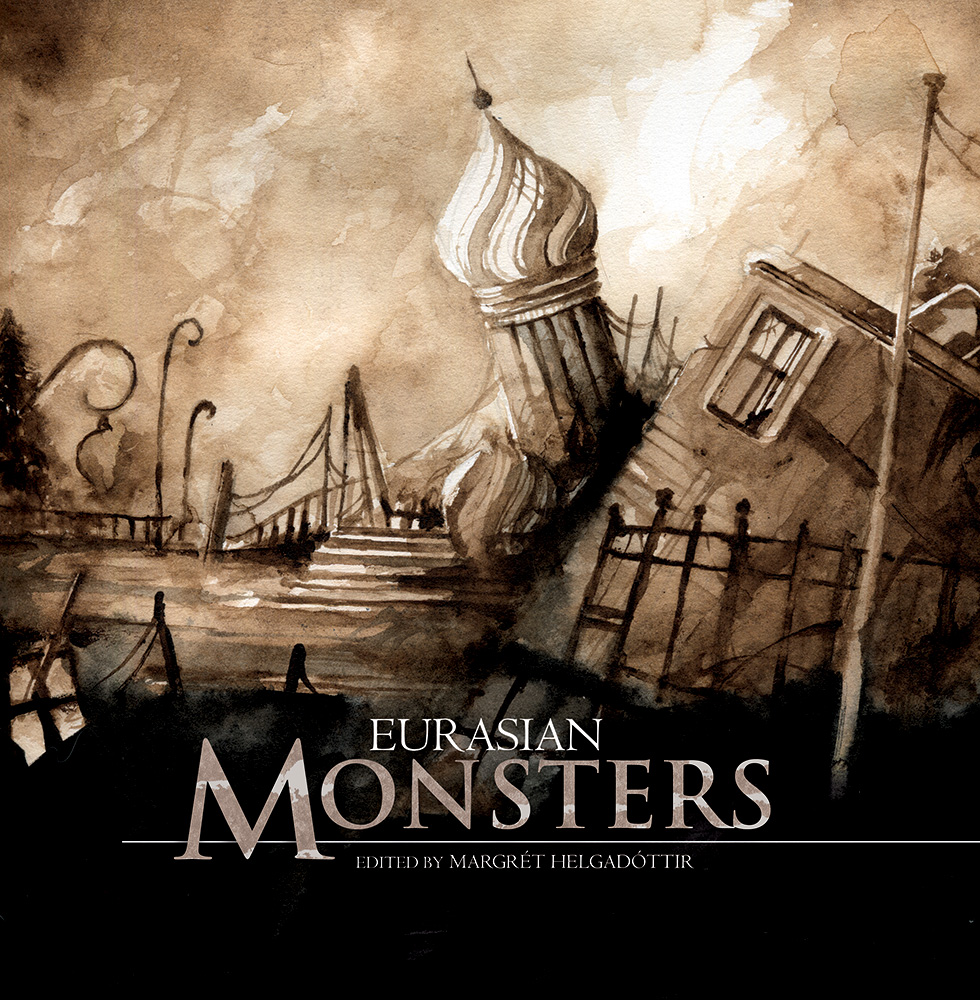


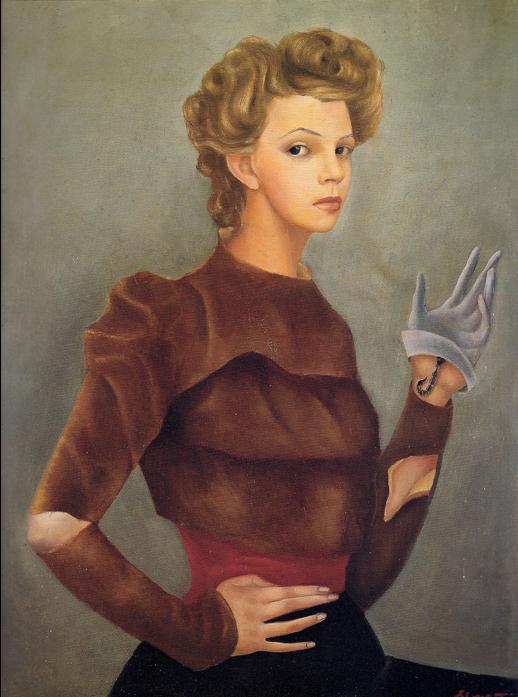
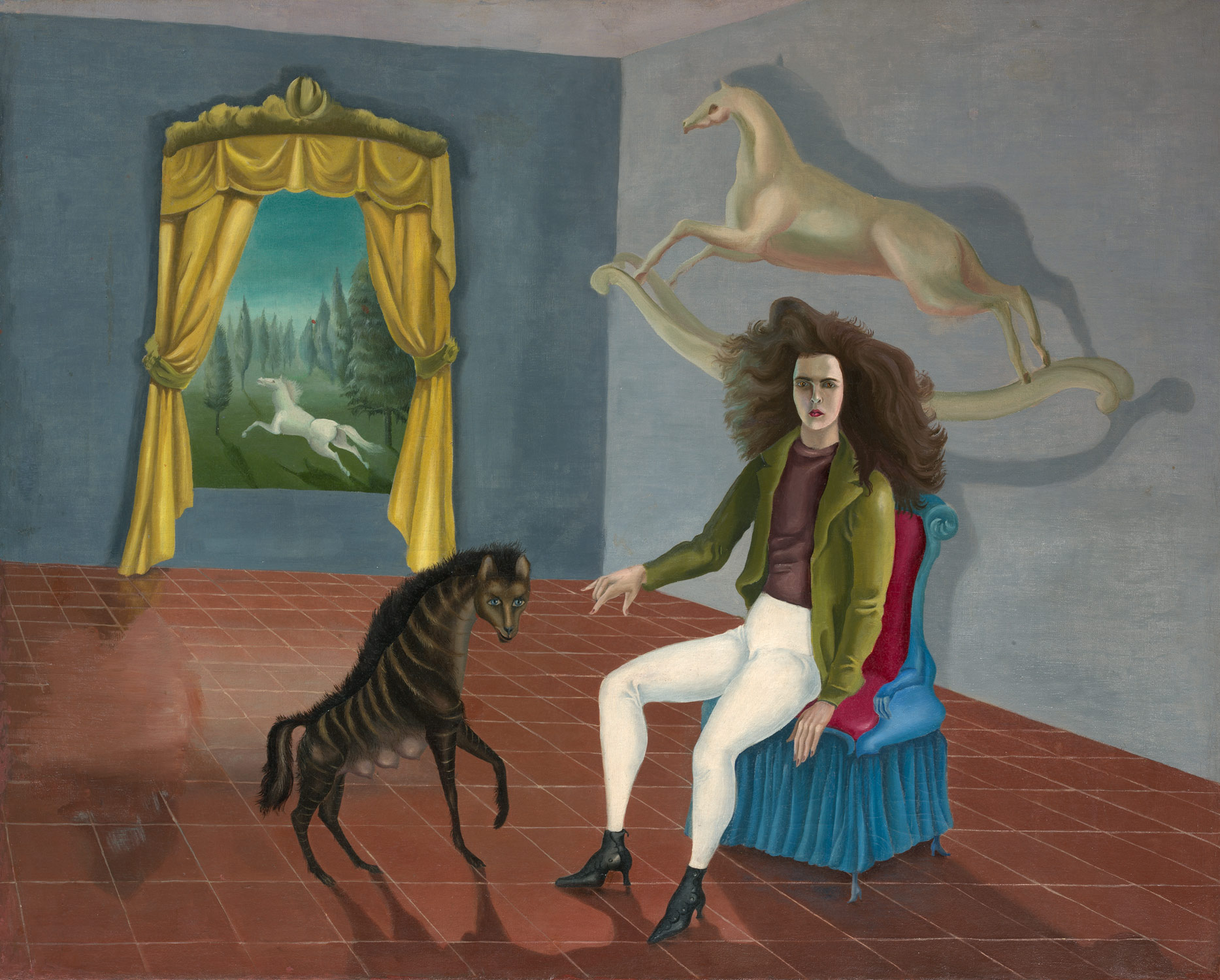


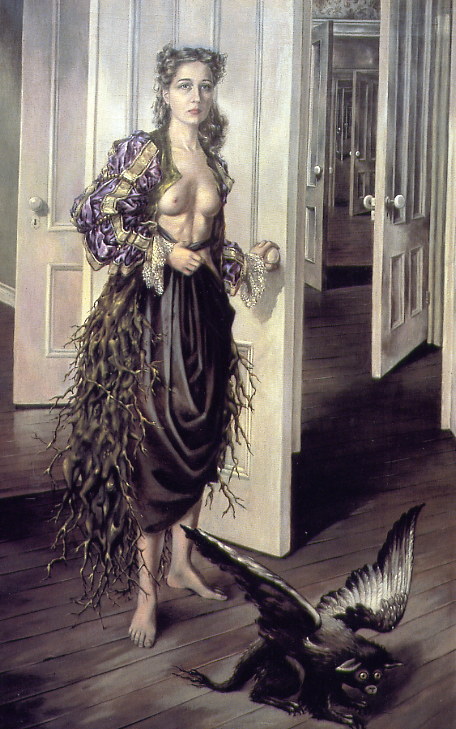
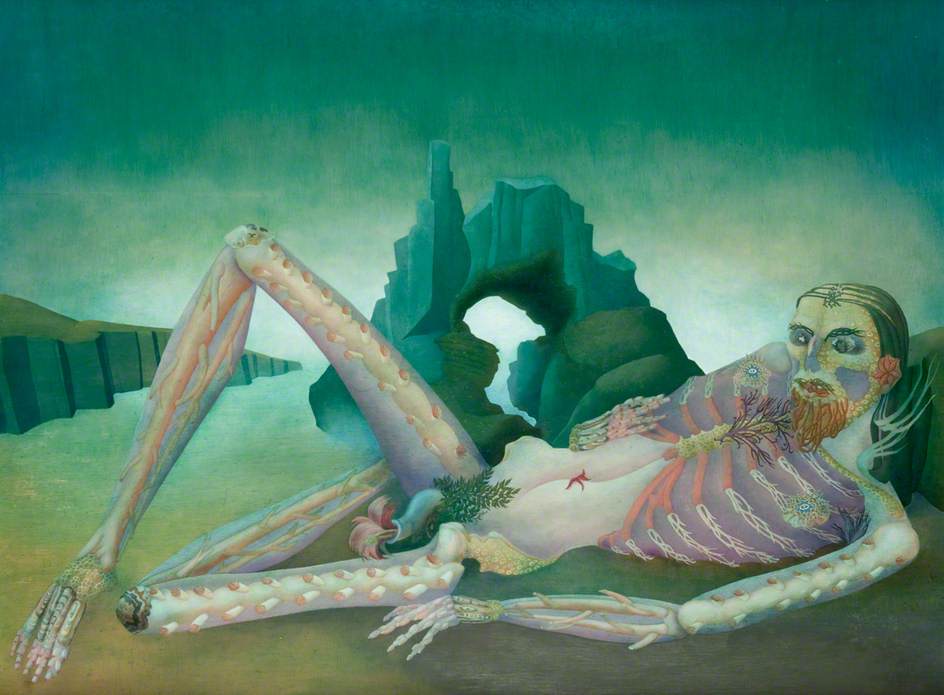
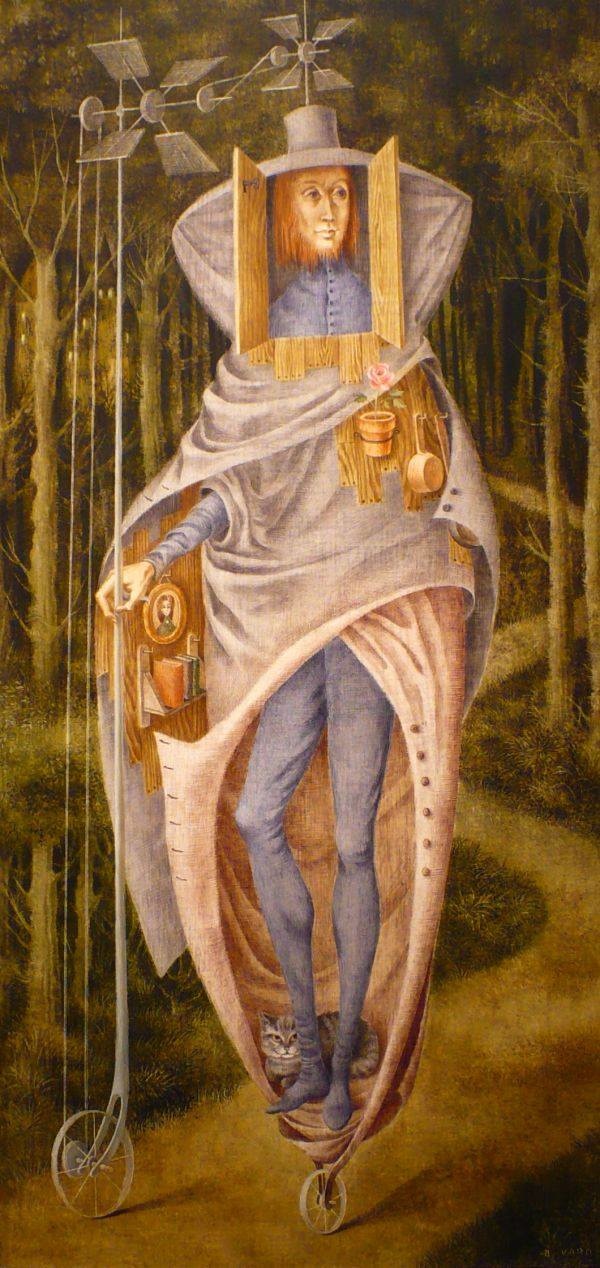
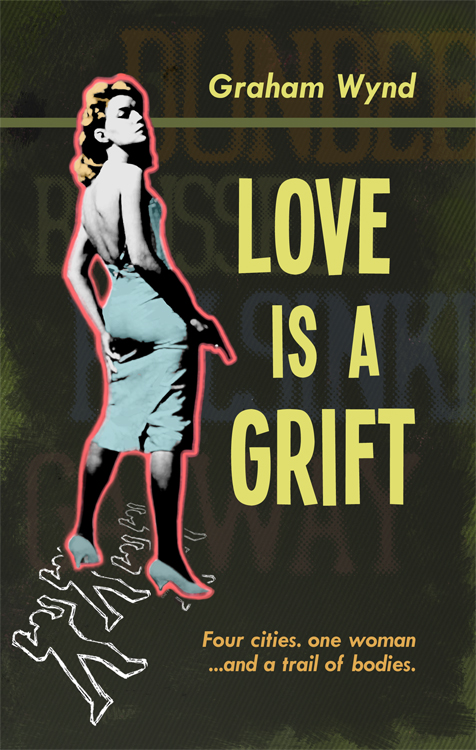
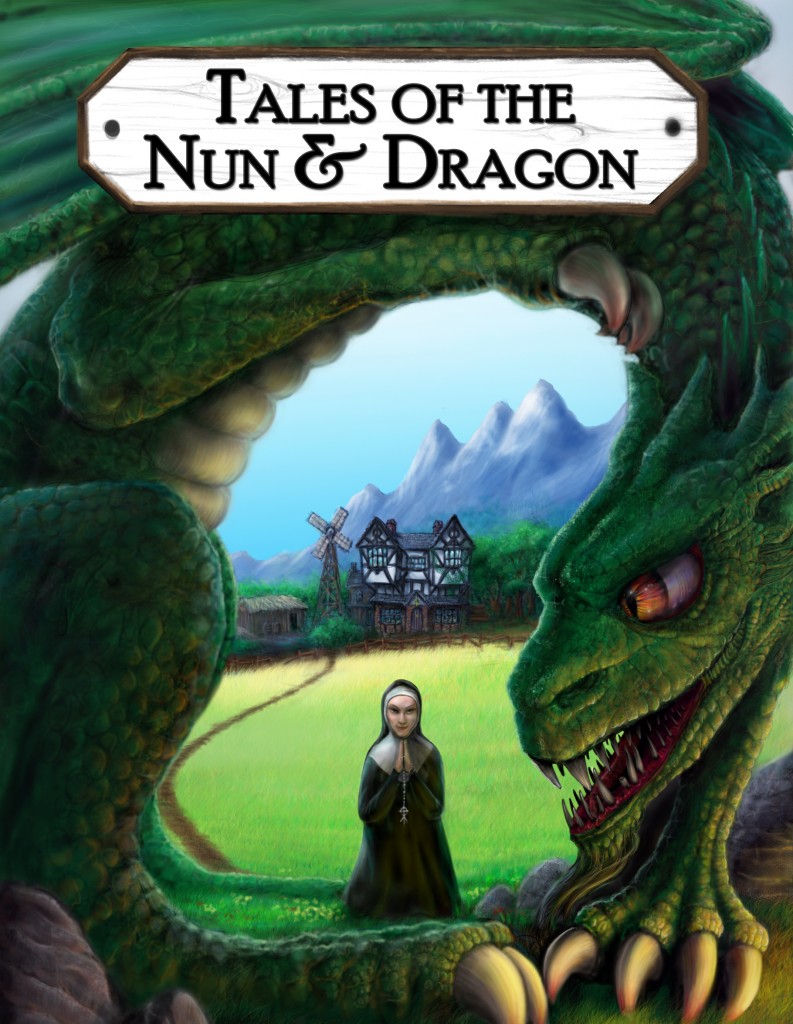
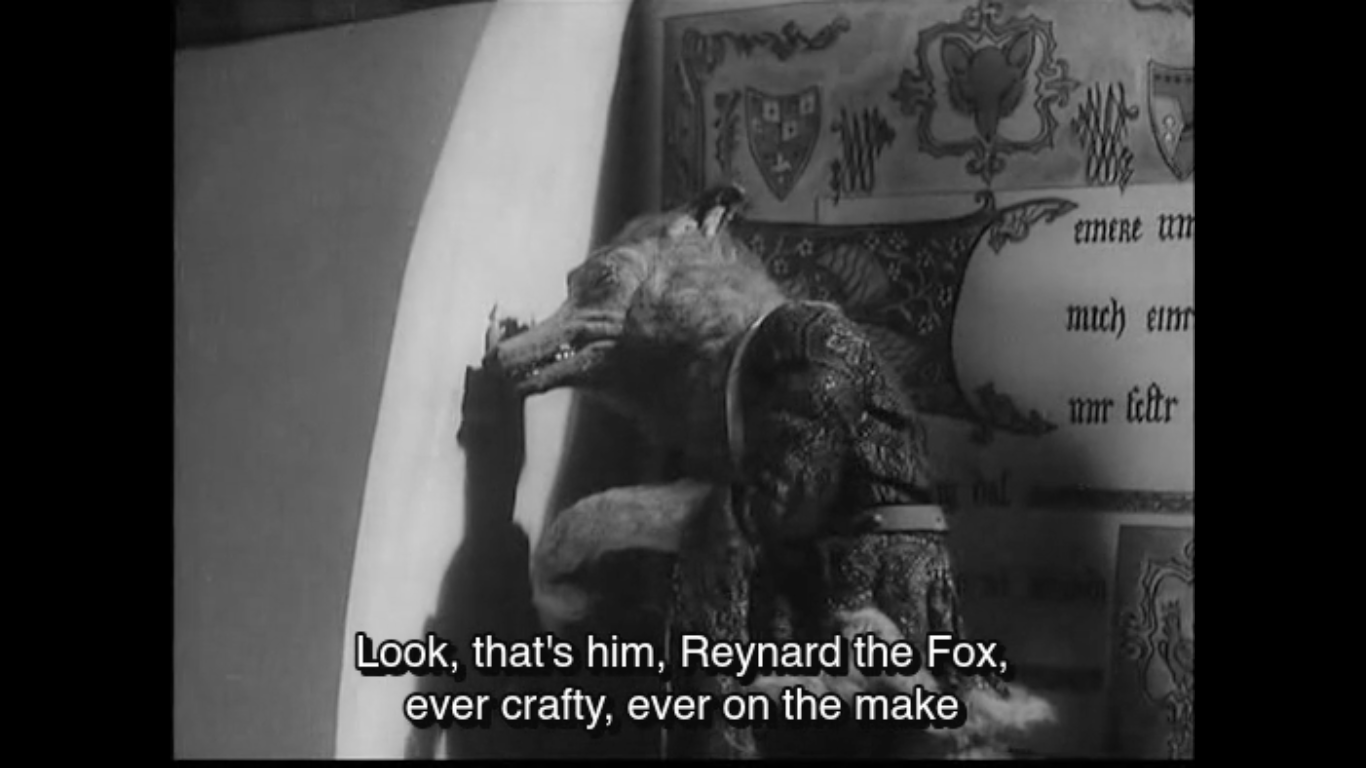
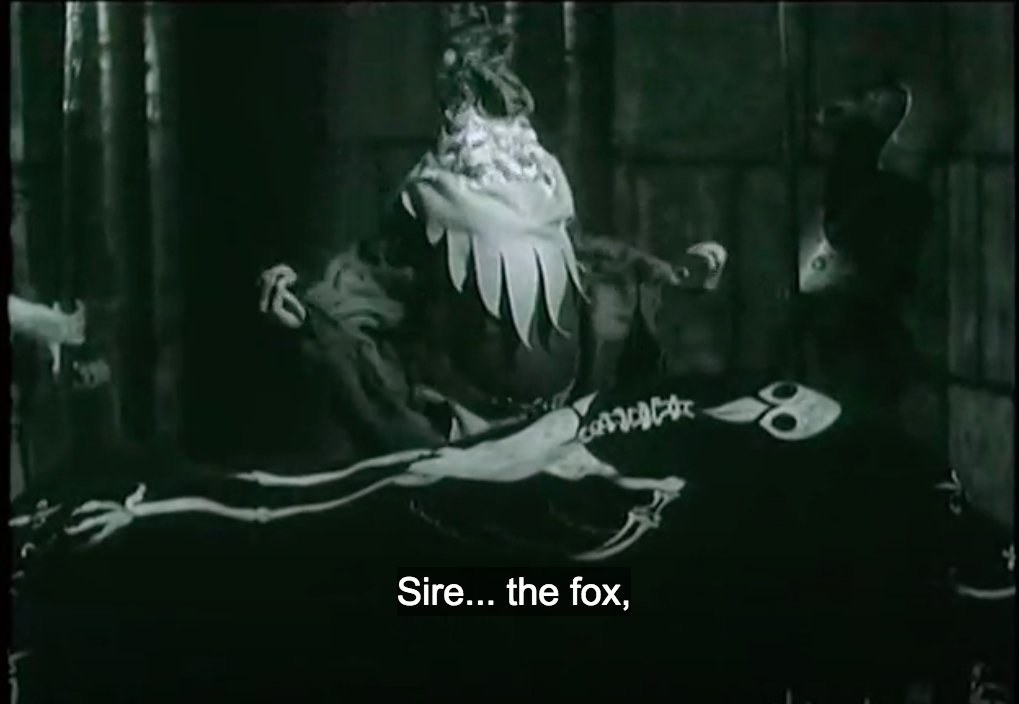
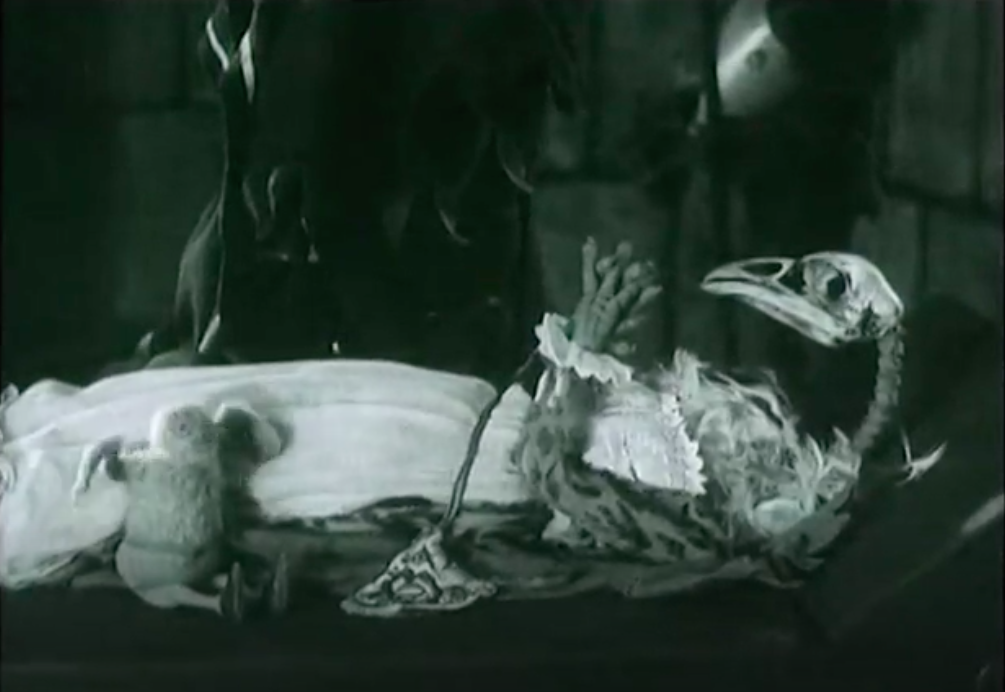
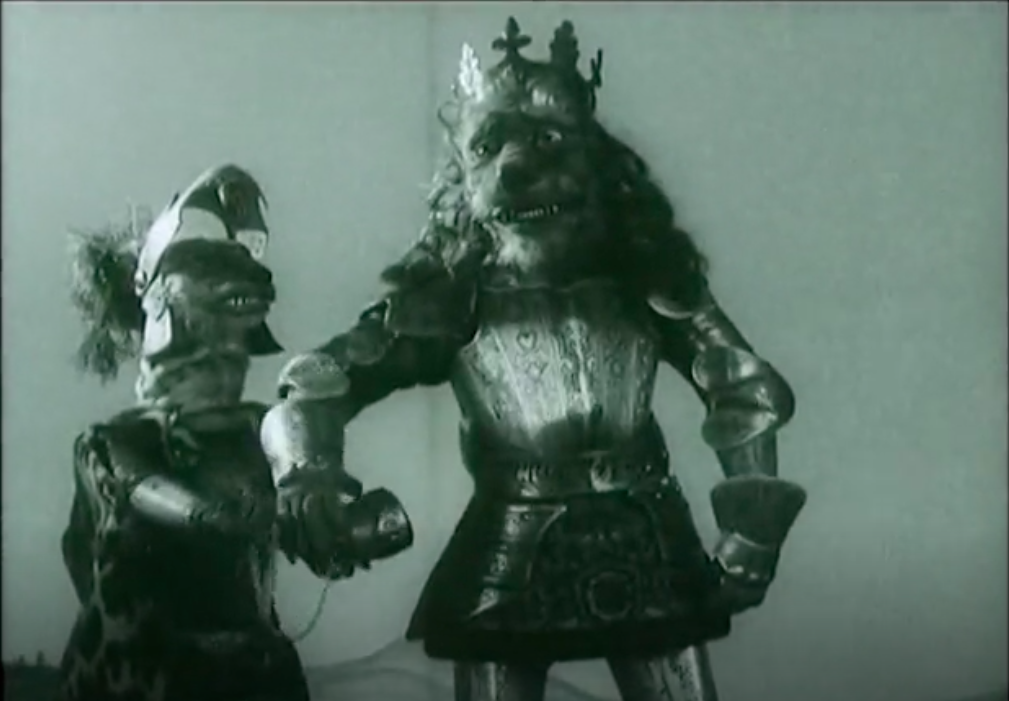
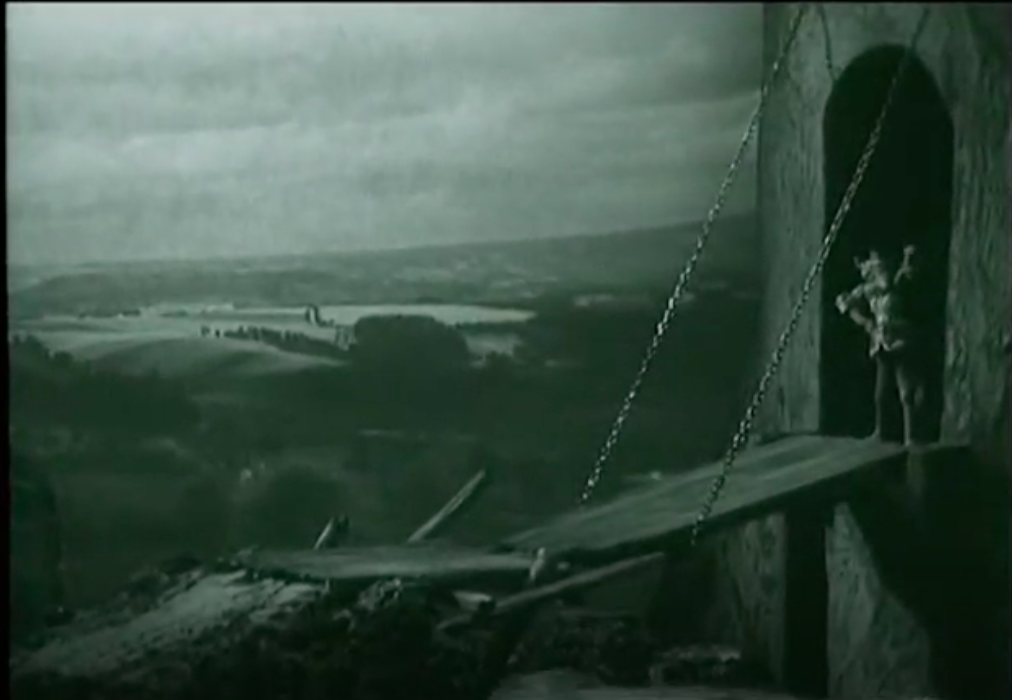
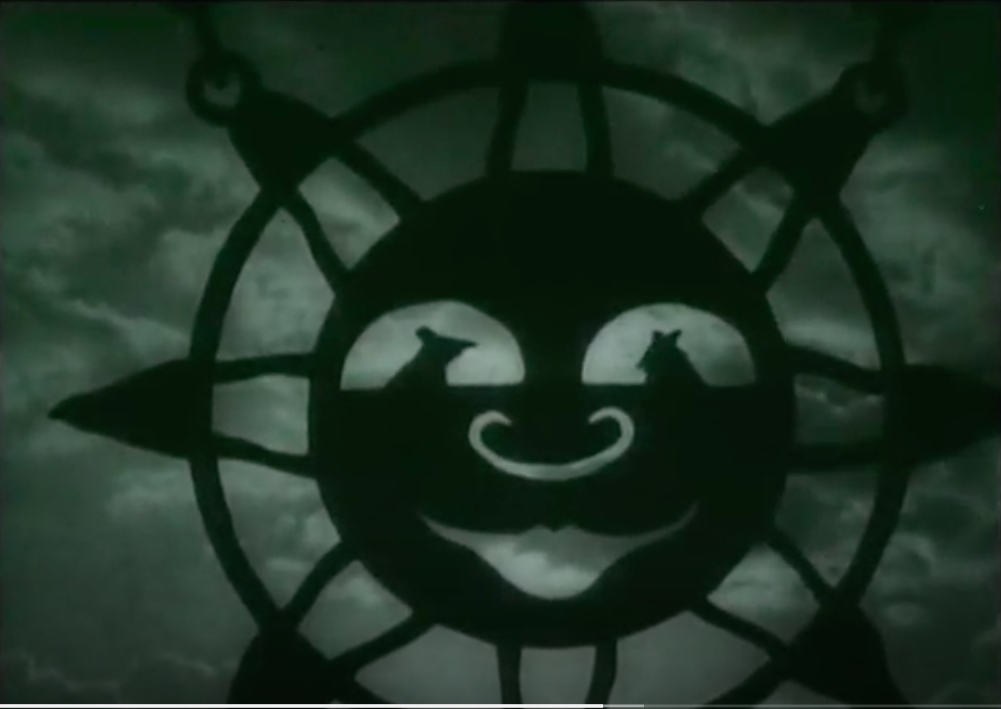
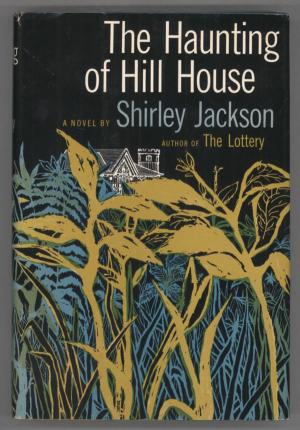
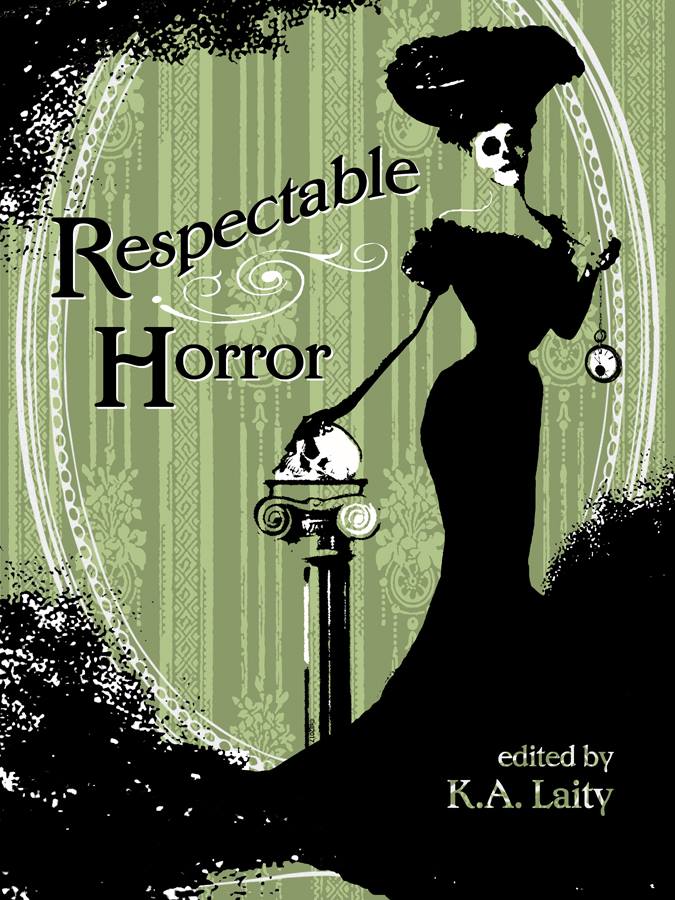
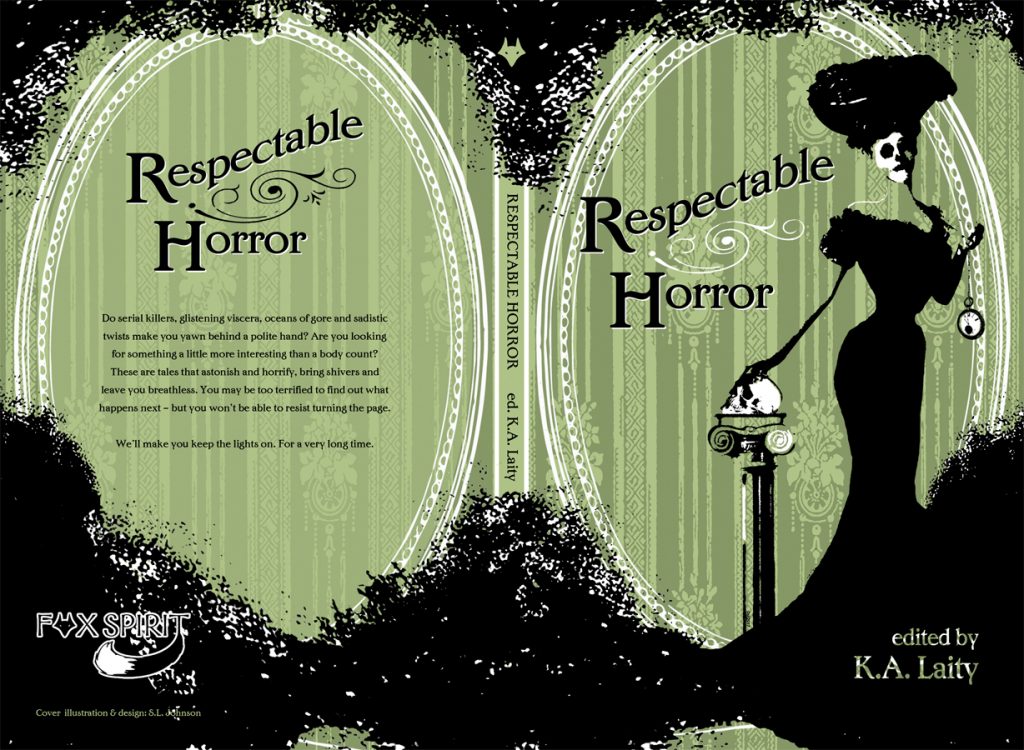

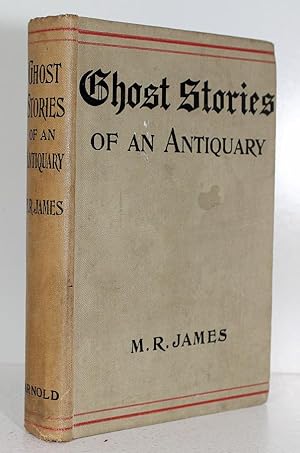 Haunted Objects.
Haunted Objects.